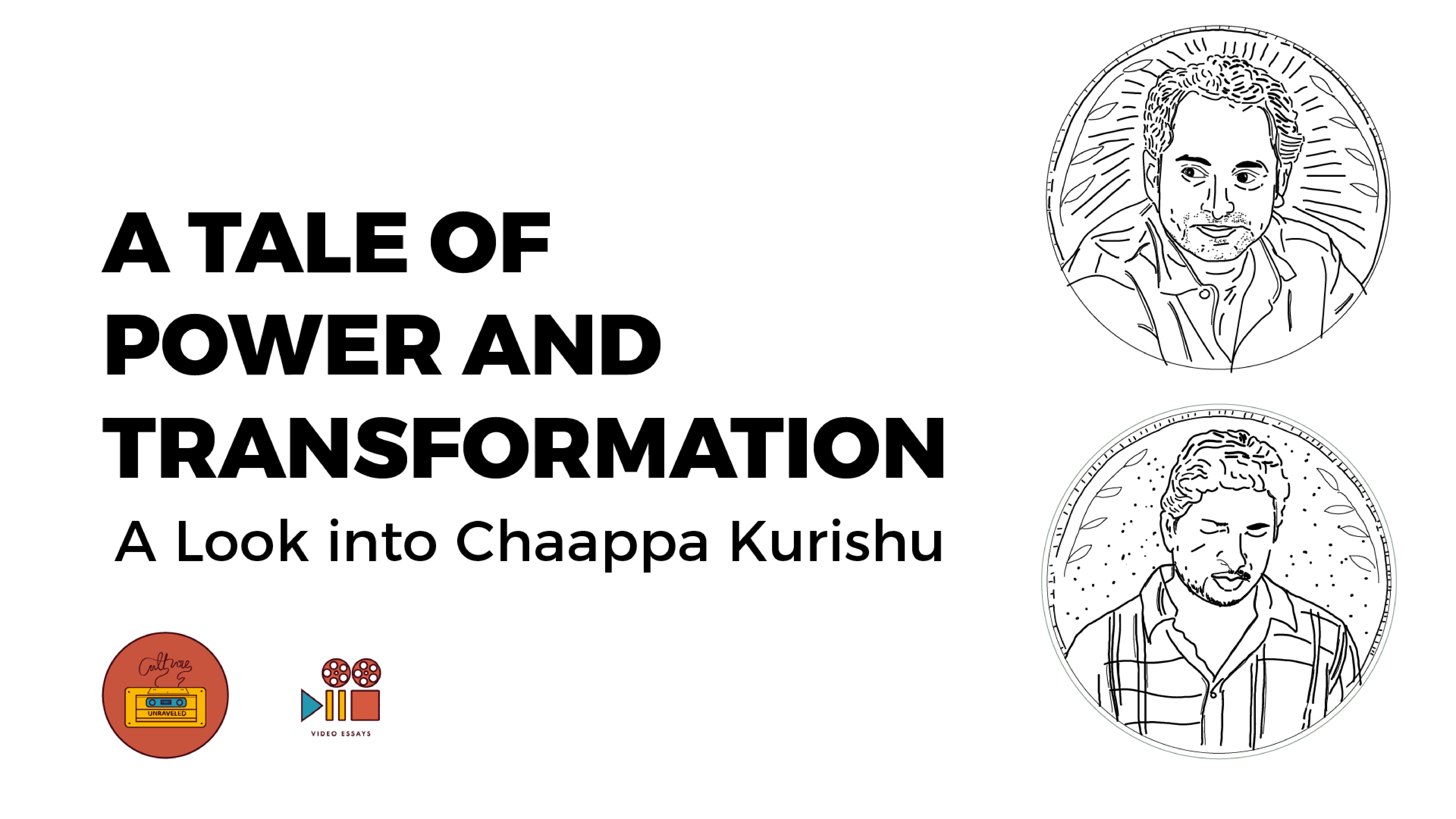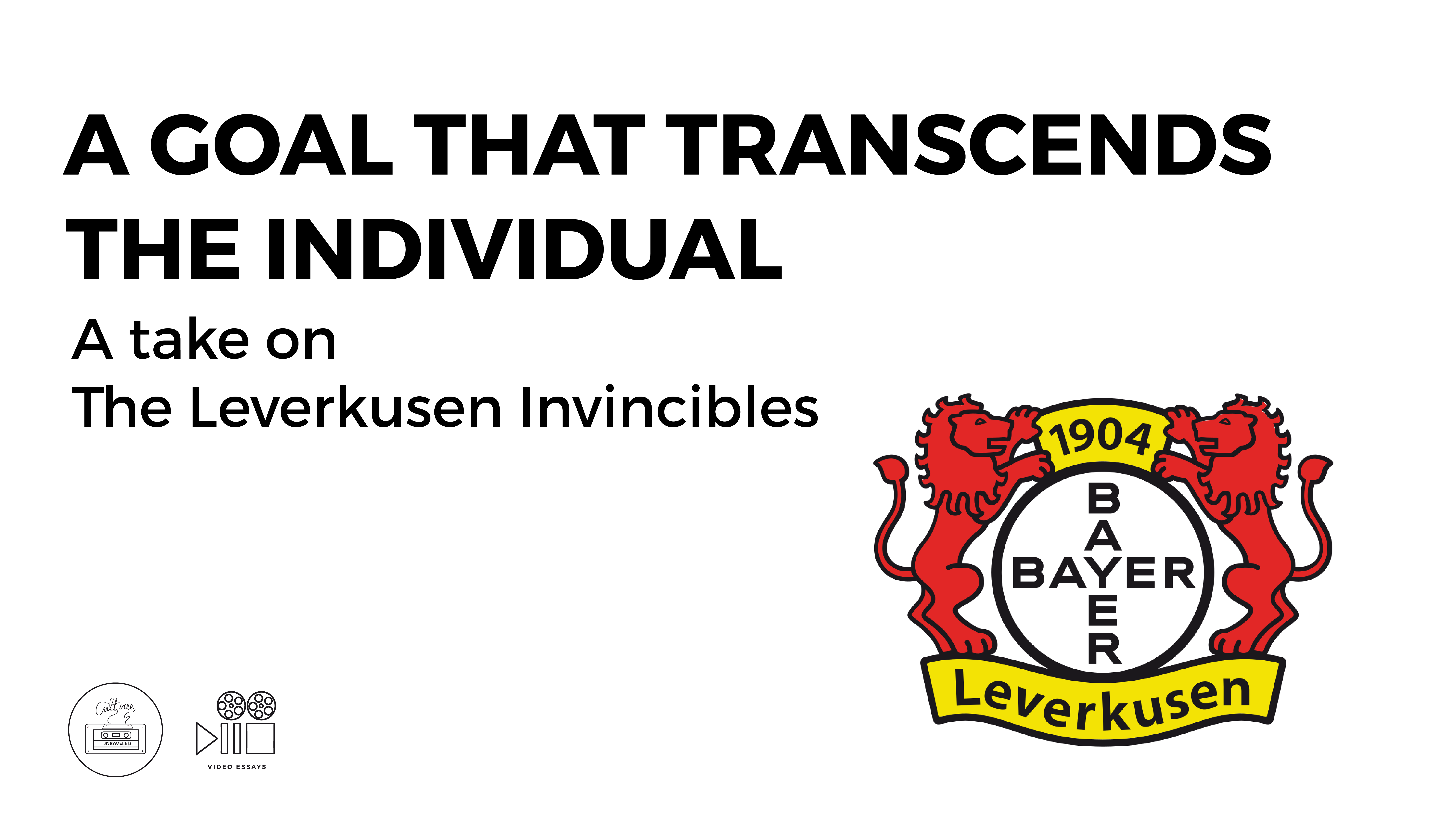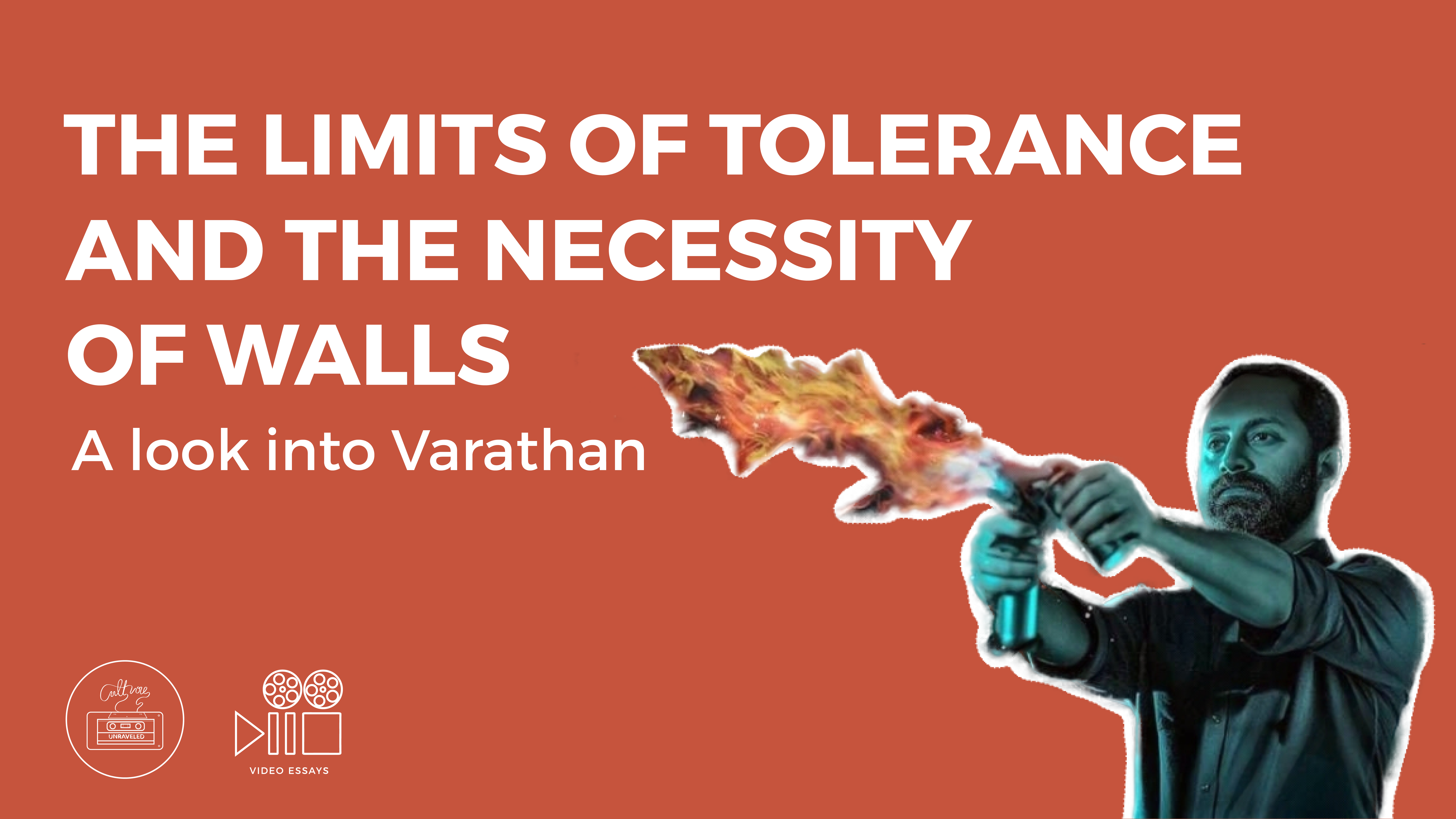
-
The Endless Pursuit of Space Missions
In the vast expanse of the cosmos, our curiosity knows no bounds. The latest example of our relentless quest for knowledge is India’s Aditya-L1 launched on September 2nd, its inaugural solar observation mission, this coming just a month after Chandrayaan 3. But why are we, as a global community, so driven to explore outer space? What is it about the unknown that captivates our collective imagination? The answer lies deep within the human psyche, and this relentless pursuit of space missions significantly influences our culture.
Unveiling the Mysteries of the Universe
One of the core drivers behind our obsession with space is the innate human desire to seek answers to fundamental questions. What is the nature of the universe? Are we alone in the cosmos? Space missions are our key to unlocking these mysteries. They offer a glimpse into the infinite expanse that surrounds us, shedding light on the origins of our solar system, the composition of other planets, and the possibility of life beyond Earth.
The Adventurous Spirit
Human history is marked by a relentless spirit of adventure. We’ve climbed the highest mountains, explored the deepest oceans, and now, we’re reaching for the stars. The allure of the unknown, the thrill of discovery, and the satisfaction of pushing boundaries have been integral to our cultural fabric. Space missions epitomize this adventurous spirit, capturing our collective imagination and inspiring generations to dream big.
A Shared Human Endeavor
Space missions represent one of the few truly global endeavors. Countries from every corner of the Earth collaborate on scientific research, technology development, and exploration projects. In doing so, we transcend borders, languages, and cultural differences, fostering international cooperation and unity. The ability to work together on projects of such magnitude demonstrates the power of human collaboration, shaping a cultural landscape that values diversity, inclusivity, and common purpose.
Space and Culture
As we continue to push the boundaries of space exploration, our culture evolves in tandem. Space missions have inspired countless works of art, literature, and cinema, from “Star Trek” to “Interstellar.” They’ve led to scientific breakthroughs that affect our understanding of Earth and the universe. And they’ve even given rise to technological advancements with applications in everyday life.
The pursuit of space missions reflects the human spirit’s boundless ambition, the desire to leave no stone unturned in our quest for knowledge. It shows us that we are capable of coming together, transcending our differences for the greater good. The culture it inspires values exploration, scientific inquiry, and innovation.
In the case of India’s Aditya-L1, the mission to study the sun not only promises groundbreaking scientific discoveries but also showcases our shared commitment to expanding the horizons of human knowledge. Space missions, like Aditya-L1, underscore our determination to explore the cosmos, reminding us that our collective human journey is a story of exploration, unity, and continuous growth.
-
Understanding Conflict in Today’s Cultural Climate
Wars have been a tragic and enduring facet of human history, causing immense suffering and destruction. They arise from a complex interplay of factors, encompassing politics, economics, ideology, and culture. To comprehend why countries continue to fight against each other, we must delve into the roots of conflict and examine how the current cultural climate shapes modern warfare and its profound effects on society.
The Motivations Behind Conflict
- Political Power: Political leaders and governments often engage in wars to gain or maintain power. Territorial disputes, the pursuit of resources, and asserting dominance are primary reasons nations go to war.
- Economic Interests: Economic considerations, including access to resources, trade routes, and markets, can drive countries into armed conflicts. The competition for valuable resources is a recurring theme in history.
- Ideological Differences: Conflicting ideologies, beliefs, and worldviews can lead to wars. Whether it’s the clash between democracy and authoritarianism or religious disputes, ideological divisions can incite conflicts.
- Cultural and Historical Factors: Culture and history can play a significant role in the development of conflict. Deep-rooted historical grievances can lead to long-standing disputes and animosities.
The Current Cultural Climate and Modern Wars
Today’s cultural climate is marked by global interconnectivity, information technology, and rapidly changing social norms. These factors shape modern warfare in the following ways:
- Technology and Information: Technology has revolutionized warfare, making information readily available and enabling cyberattacks and disinformation campaigns. The ease of communication and the rapid spread of information can both escalate and mediate conflicts.
- Global Awareness: In an era of instant news and social media, the world is more aware of conflicts and their consequences than ever before. This heightened global awareness can lead to international pressure and diplomatic efforts to resolve conflicts.
- Cultural Sensitivity: An increased understanding of cultural diversity has brought about a greater awareness of the need for cultural sensitivity in conflict resolution. Cultural nuances are considered when addressing disputes and crafting peace agreements.
- Human Rights and Ethics: There is a growing emphasis on human rights and ethical considerations in modern warfare. Violations of human rights often result in international condemnation and calls for accountability.
The Effects on Society
The effects of wars on society are profound, both in the immediate and long-term:
- Human Suffering: Wars cause immeasurable suffering, resulting in loss of life, displacement, trauma, and destruction of communities. The human cost of war is a stark reminder of the need for peace.
- Economic Consequences: Wars disrupt economies, diverting resources away from development and infrastructure. The economic repercussions of conflicts can persist long after the fighting ends.
- Social and Cultural Impact: Wars can lead to cultural loss and the erasure of historical heritage. They can also influence social attitudes, values, and perceptions, impacting the cultural fabric of nations.
- Global Relationships: Wars strain international relations and can have lasting effects on diplomacy and cooperation. They can either foster international unity or exacerbate divides.
In today’s world, the effects of wars are felt on a global scale. Conflicts can lead to refugee crises, international intervention, and shifts in global power dynamics. It is crucial for societies and nations to work toward peaceful solutions and promote a culture of dialogue and understanding.
In conclusion, the causes of wars are multifaceted, arising from a complex interplay of political, economic, ideological, and cultural factors. The current cultural climate, characterized by technological advancements, global awareness, and ethical considerations, is reshaping modern conflicts and influencing their resolution. To mitigate the devastating effects of wars on humanity and culture, the pursuit of peace remains a fundamental imperative.
-
The Asian Games: Influencing Culture, Fostering Unity
The Asian Games, also known as Asiad, have been a cultural phenomenon that has left an indelible mark on the diverse tapestry of Asian societies. This continental multi-sport event, held every four years, brings athletes from across Asia together to compete on a grand stage. Beyond the thrill of athletic prowess, the Asian Games have significantly influenced our culture in various ways.
Celebrating Diversity and Unity
One of the most profound effects of the Asian Games on our culture is the celebration of diversity and unity. The event is a vibrant showcase of the rich tapestry of Asian cultures, languages, and traditions. It brings together nations that differ in history, languages, and religions but shares a common passion for sports. This coming together fosters a sense of unity that transcends borders and creates a unique cultural exchange.
Promoting Peace and Understanding
In a world where conflict and division sometimes dominate the headlines, the Asian Games promote peace and understanding. The Games serve as a platform where athletes from nations with complex relationships can compete side by side. The spirit of sportsmanship, fair play, and respect for one another’s accomplishments underscores the importance of peaceful coexistence, and these values seep into our cultural consciousness.
Inspiring Aspirations and Dreams
The Asian Games provide a stage where athletes can showcase their hard work and determination. For many young individuals across Asia, witnessing their compatriots on this grand stage inspires dreams and aspirations. The Games nurture a culture of ambition, discipline, and the pursuit of excellence, not just in sports but in all walks of life. This cultural value has led to an increased focus on physical fitness, health, and personal development.
Cultural Exchange and Fusion
The Asian Games offer a unique opportunity for cultural exchange and fusion. Athletes, officials, and spectators from diverse backgrounds come together, sharing their stories, cuisines, art, and traditions. This cross-cultural interaction enriches the cultural landscape of host cities and leaves an enduring impact on local communities.
Empowering Women in Sports
The Asian Games have played a pivotal role in empowering women in sports across the continent. Over the years, the Games have witnessed remarkable achievements by female athletes, challenging gender stereotypes and inspiring a cultural shift towards gender equality and women’s participation in sports.
Legacy of Infrastructure and Development
The organization of the Asian Games often leads to significant infrastructure development in host cities, including the construction of state-of-the-art stadiums, sports facilities, and transportation networks. This investment in infrastructure leaves a lasting cultural and economic legacy, enhancing the quality of life for local communities.
The Asian Games are more than just a sports event; they are a celebration of diversity, unity, and the human spirit. They have influenced our culture by promoting peace, understanding, aspiration, and cultural exchange. The Games have left behind a legacy of empowerment, development, and cross-cultural enrichment. As we celebrate each edition of the Asian Games, we are reminded that beyond medals and records, it is the cultural ties and values that truly make this event special.












